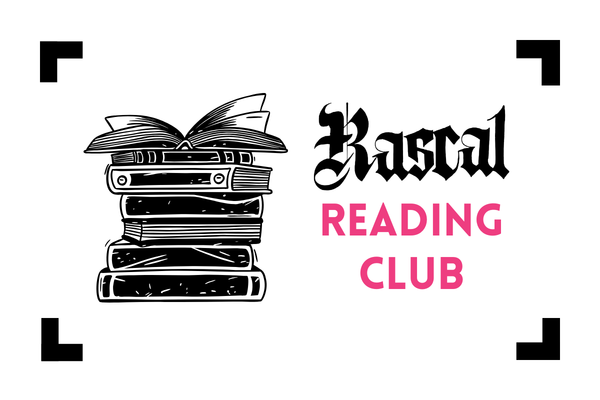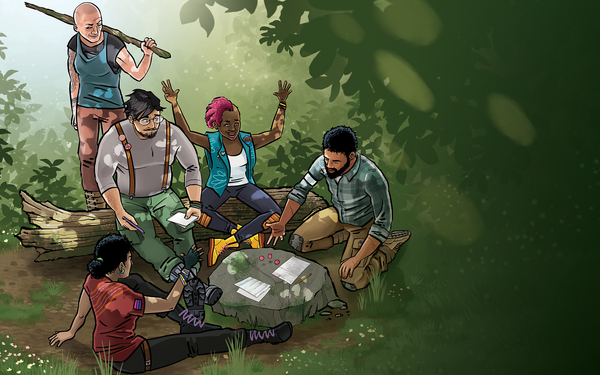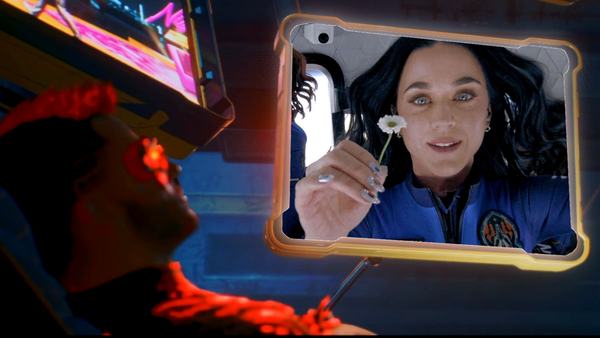Inspirisles creators wave goodbye to popular sign language RPG with third book
Signing off, for now.

When Inspirisles dropped in 2020, it felt like both an audacious and obvious design: a tabletop RPG, aimed at young players, that taught them rudimentary sign language while adventuring. Elemental spellcasting, called shaping, encourages PC-controlled Pendgragons to use of actual hand signs as the somatic gestures for summoning water, earth, fire, etc. Hatchlings Games consulted with experts of American and British Sign Language to construct a play experience directly supported by educational videos. It functioned as both game and tool, but it was also a bridge into Deaf and Hard of Hearing culture.
Married design team Rich and Kathryn Oxenham first concocted the idea for Inspirisles while working with the Royal National Institute for the Deaf, a charity and business in the UK. They married Celtic mythology and Arthurian legend with a simple 3d6 engine designed to teach players and educators how to roleplay alongside learning introductory hand signs.
The modest Kickstarter success erupted once the game reached the hands of researchers and educators, both in the US and the UK. Inspirisles’ core book was soon joined by a campaign setting, Overisles, that introduced a society in the clouds while expanding the signs and resources for connecting with the Deaf community. A second campaign setting, Underisles, is currently crowdfunding and will act as a bookend for the project. After adding a comprehensive dungeon crawl system — and yes, even more hand signs — the team wants to explore other creative directions for a while.
Director Rich told Rascal that designing the RPG trilogy over the last five years was an exercise in growth, patience, and creative burnout. He’s extremely proud of the RPG’s reach, but that growth traveled in on hard lessons and forced professionalization. Amidst a final Inspirisles campaign, he talks about personal pedagogy, ethical expansion, and how he wants to be more than “the sign language RPG studio” — even if he couldn’t be prouder of its legacy.
This interview has been edited for clarity.





